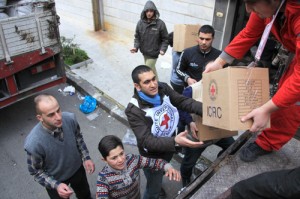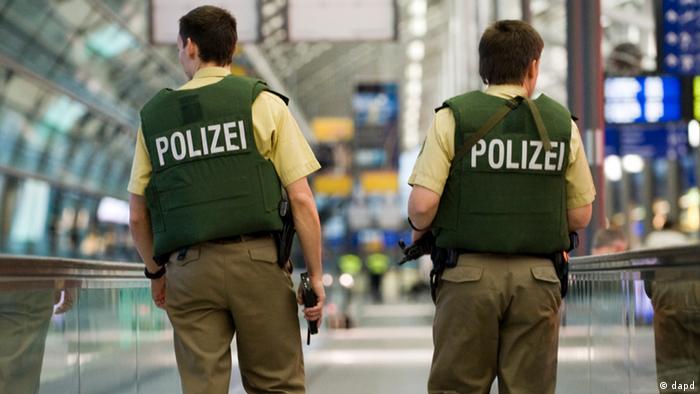By Emily Schneider
Impunity Watch Reporter, Middle East
DAMASCUS, Syria – The International Red Cross says it “can’t cope” with the situation in Syria any longer. Yet, President Assad still refuses to leave in spite of urgings from the UK prime minister.

“The humanitarian situation is getting worse despite the scope of the operation increasing,” said Peter Maurer, president of the International Committee of the Red Cross (ICRC).
The ICRC has worked extensively to bring relief to victims of the Syrian conflict, but it hasn’t been easy. Because of the daily uncertainties of the conflict, the ICRC must continuously react to the needs of victims only after attacks. This makes it nearly impossible to keep a set plan or organize efficiently.
Further, there are still areas of the country that are impossible to reach. Aleppo, for instance, has seen a great increase in violence in the recent months but the ICRC has been unable to coordinate any aid there. Homs, another city hit hard by violence, is only open to the ICRC in certain districts. The ICRC was finally able to reach people in those districts last week, which Mr. Maurer said was a major success.
Other problems, like the diversion of foreign medical supplies to government forces, are rumored to be happening on a daily basis. A Syrian medical group claimed this week that 95% of foreign medical supplies actually fall into the hands of government officials. The ICRC says that this statement is so far unsubstantiated.
In spite of the crumbling humanitarian situation in his country, President Assad refuses to leave or allow foreign troops into the country.
“I am not a puppet, I wasn’t made by the West. I’m Syrian… and I have to live and die in Syria,” Mr Assad told the Russia Today TV channel. He warned that if Syria were to be invaded by foreign troops “the price would be too big” for the rest of the world.
“If we have a problem in Syria – and we are the last stronghold of secularism, stability and co-existence in the region – it will have a domino effect from the Atlantic to the Pacific,” he said. Although he claims he does not believe the West would invade, added: “If they do so, nobody can tell what’s (going to happen) next.”
The inability of the ICRC to cope with the worsening situation in Syria and President Assad’s refusal to leave come at an opportune time for the Syrian opposition forces, who are reportedly meeting in Doha to discuss uniting under a new, unified leadership.
For further information, please see:
BBC – Red Cross Says it Cannot Cope with Syria Emergency – 8 Nov. 2012
Gulf News – Al Assad: I Will Live and Die in Syria – 8 Nov. 2012
Khaleej Times – Can’t Cope with Syria Crisis: Red Cross – 8 Nov. 2012
Gulf News – Syria’s Divided Opposition Factions Gather for Talks – 5 Nov. 2012



